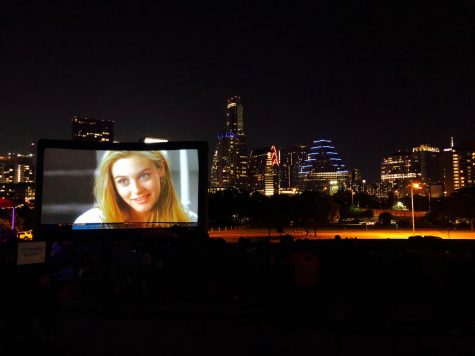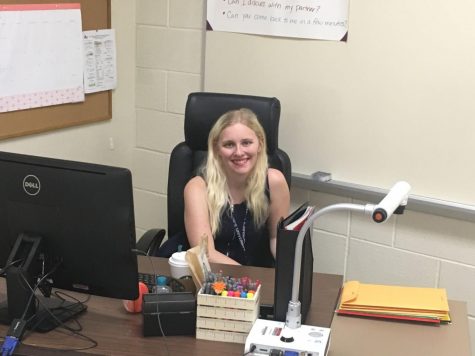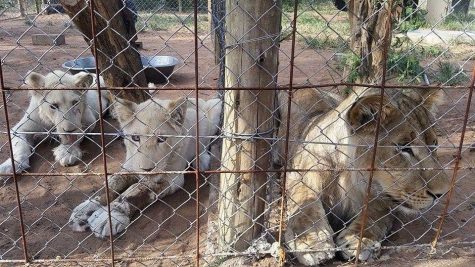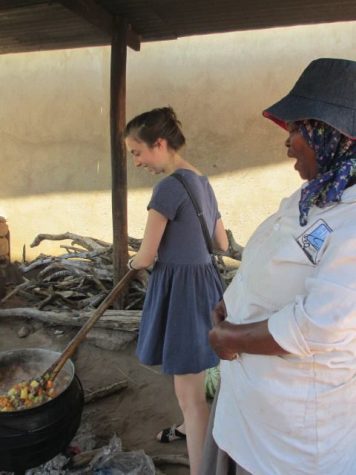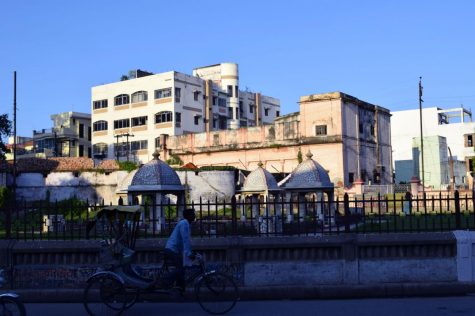QUITO: Not everything can be perfect
Well I checked something off my bucket list that I didn’t realize was on there: file a police report in a foreign country.
Before I freak anyone out, I’m fine. I’m just short an Ecuadorian phone and have been humbled a little.
My friend is in a little bit different of a boat since she is lacking an iPhone and a wallet that included cash, a debit card and various forms of identification—but thankfully not her passport.
This past weekend, some international, Ecuadorian friends and I decided it would be a good idea to check out Baños, Ecuador. Situated in the mountains but close to the jungle, this quaint pueblo is a hotspot for tourism and famous for extreme outdoor sports, tremendous waterfalls, exotic animals and apparently hopping clubs.
It’s not known as a mecca for theft, but sadly that’s how I’m going to remember the city.
When I arrived in Quito, I went through a terrifying orientation presented by the United States embassy that made Ecuador look like a cesspool of thieves lurking behind every corner. I thankfully haven’t found that to be the case, and I’m still bothered by the presentation the embassy gave. To be fair, I don’t regularly use public transit — one of the bigger hot spots for crime — so I can’t give a full assessment.
While I understand that Quito is more dangerous than Austin and definitely more dangerous than my hometown, Andover, KS, I honestly feel safe here. I do, however, take precautions. I don’t walk around at night alone and I don’t keep valuables in my back pockets.
In Baños, my friends and I wanted to go puenting, which is basically jumping off a bridge with a harness on, and in my case screaming my head off. My Ecuadorian friend parked his car very close to the bridge. We could still see it from where we were. We spent about 20 minutes outside of the car. It was bright daylight, there were lots of people around, and we were close by.
Nevertheless, when we returned someone had broke the lock on the driver side door and taken everything in the car. We didn’t realize it at first, but soon after we got inside — our hearts still racing from the most intense adrenaline rush I’ve ever had — my friend asked me to pass him his water from his backpack in the back of the car.
I’ve never experienced such a drastic group change in mood and emotion, and I felt my stomach drop as I realized everything was gone. We ran out of the car screaming; I’m really unsure of what we thought that was going to do, but that was our initial reaction.
Annoyed and without the car registration, we begrudgingly headed over to the police station where the officer acted like they would be able to retrieve our belongings, but we knew there was really no hope.
At the police station, the officer wrote down the details of what happened in a random wide-ruled notebook. I mean I understand that I am in Ecuador, but computers exist here too.
Thankfully, I only lost a backpack, a towel, some clothes and an old Ecuadorian phone. These are all replaceable. I’m okay. I wasn’t robbed at knife point or gun point, and I’ve been reminded a little more aggressively than I would have like that I need to be careful in Ecuador.
Although this country is like living in a dream for me, poverty is still a huge and daunting issue here. According to the World Bank, one fourth of the population lives under the poverty line and the per capita GDP is $5,510. My friend’s stolen iPhone is worth two and half months’ work on the country’s minimum wage.
Poverty makes people do crazy things, and I hope whoever took our stuff really needed the money.


